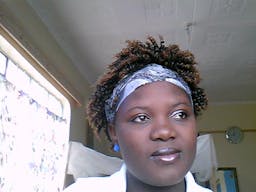Educate her! Empower the world! The Changing Trends with a Spark of Light in the Dark Tunnel
Jan 21, 2015
Story
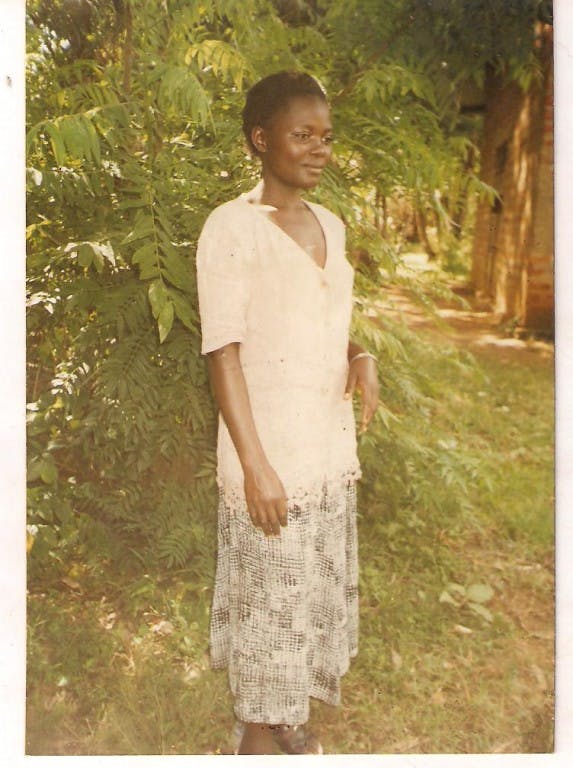
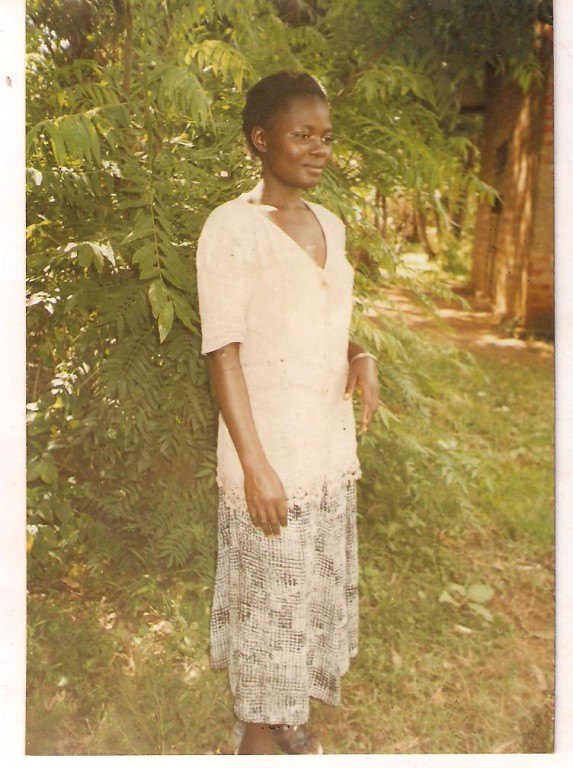
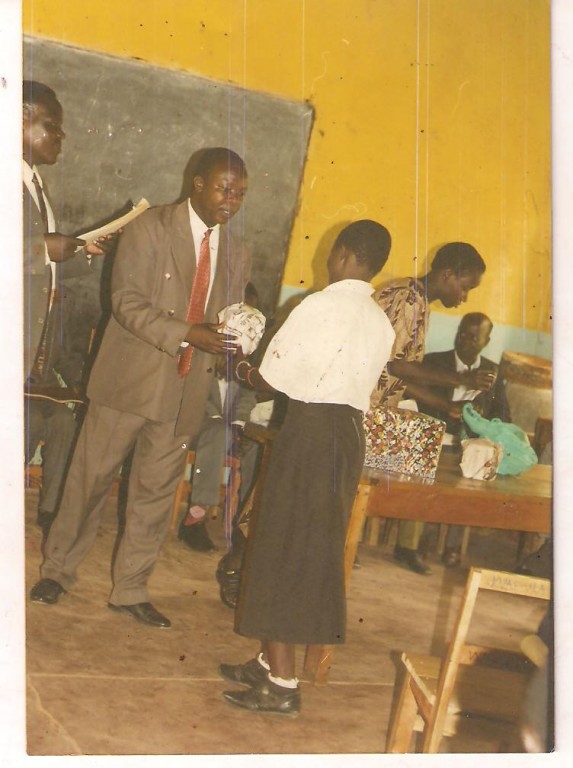
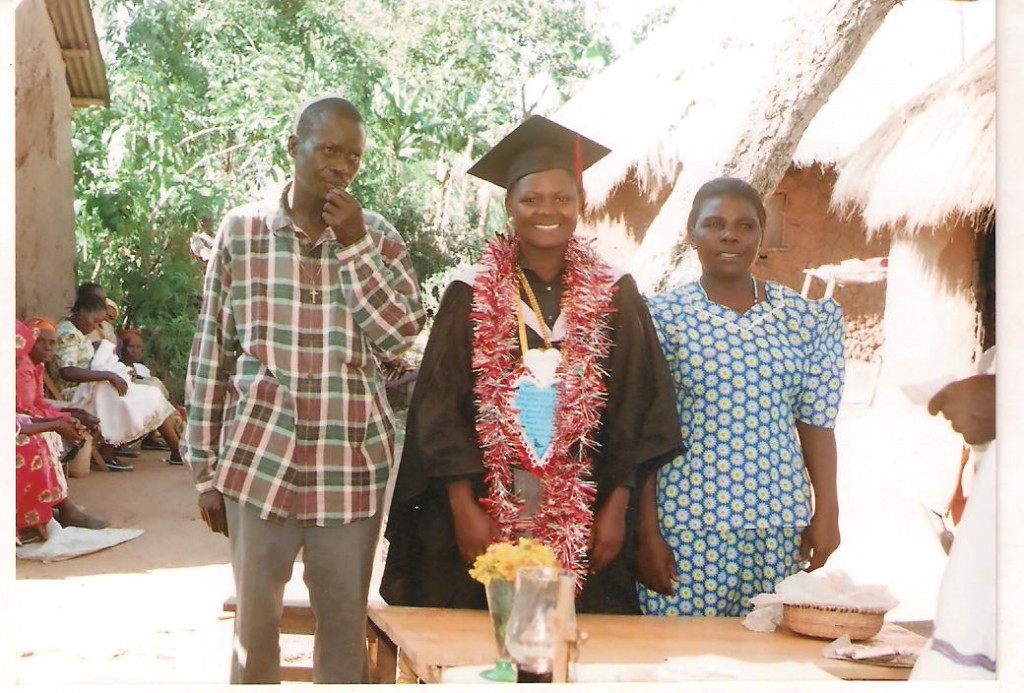

“Look at her! She does not even have proper school socks and shoes and she is talking about cleanliness!” roared the head teacher one morning just after I made an announcement emphasizing on cleanliness as a prefect on duty. And if you think he was through with me, you are wrong. “Aren’t you even ashamed? And she is laughing!” he continued in a typical Luhya accent as the rest of the students on parade choked with laughter. Honestly, I had only smiled to keep away the burning tears, the humiliation, the embarrassment and the anguish that engulfed my whole being when all eyes turned to focus on my beaten and ailing shoes. The sound of that laughter is still deafeningly fresh in my ears.
Although such utterances were not unfamiliar to me, I felt it this time round. I felt the pangs of poverty and neglect from parents weighing me down, amplified by the fact that each time I passed a group of students, they broke out in loud whispers and humiliating giggles, stealing stares at my ragged being. For the first time in three years that I had been in this school, I felt my self esteem slowly slipping away.
That evening, as I dug in to the familiar 5-kilometre muddy (sometimes dusty depending on the weather patterns) trek back to my aunt’s place where I had called home for over six years, I thought about my two elder sisters, whose long ugly hand of patriarchy had robbed them of their beings. They had dared not to cross the unbeaten path… the path of education for women.
Married off early
Both Jacky and Judy never experienced the feel of their teenage years. When my first born sibling Jacky was turning fifteen, greedy societal traditions could not spare her innocence. After several sittings and negotiations with ‘in-laws’, she was sold off at the exchange of 12 cows (Usually, this number varies depending on how ‘well-groomed’ a girl is in terms of total submission, service and obedience to the husband). According to my father, a girl does not require much education lest she becomes too ‘complicated’ and too ‘stubborn’ to serve and obey the husband. If this happens, the worth of her dowry is slashed down. After all, she does not require any reasoning or decision making.
Judy’s case was more or less similar. She had requested for fifty shillings end term grade 6 examination fee, and the answer had been ‘ata soriakho bali wamelile chimbele ta? Busomi bwasi omukhana busa? (Aren’t you even ashamed that you have grown breasts? Or must I remind you that you are a girl?), were the words from my father. And that was the last time she ever saw a classroom wall.
My turn
Who was I to be spared? The year is 1996 and I am in grade 7. But my turn to prove my worthiness to the rest of the society is here. After all, I had gained enough in school and surpassed the rest, at least in my father’s words. “You see, she has already started ‘growing horns’ as a result of much schooling. She has been ruined,” he shouted at mum one day when I refused to shake hands with some old men whom I knew had no good intentions. And I had sworn to gore in to everything that I considered unhealthy to my being, using my newly acquired ‘horns.’
As I saunter in to the compound with my dusty bare feet one Friday evening clutching on a nylon paper back that contained my books, my father in a not-so friendly manner laid his mean plan before my innocent soul, and that was the last time he saw me in several years that followed. His flowing curses on how disgraceful I was did not make me abandon my unbeaten path at any moment. I had to seek refuge at my paternal aunt who was married far away. Although I knew no luxury due to poverty at her place, I am who I am today because of her. I have found my voice because of her care, her mentorship despite the hard struggle to keep me in school.
The struggle, the barriers
At least 50 percent of girls in Sub Saharan Africa did not complete their primary education, with 48 percent of girls married off before attaining the legal age of consent, according to 2007 UN World Report on Violence Against Children. The reasons are varied but the most common ones poverty and traditional beliefs and practices that deny women access to education. The common belief is that women are a ‘weaker sex’ (though the level of weakness has never been determined) and they only need to be seen not heard, so why do they need education after all? Hence most parents in traditional societies do not favour a girl’s formal education. Instead, one is only taught by a selected aunt on how she should be a well-behaved woman in her husband’s home.
Again, a majority of parents in traditional societies have it that if you invest in a girl’s education and she stays in school for too long (like in Kenya’s case, that means 16 years- the 8:4:4 system), the girl will be ‘too old’ for any potential husband to come by. So according to such parents, the earlier the negotiations, the better. But is this really the way to mirror the bigger picture of our society as far as development is concerned? Of course not! Although change is usually hard to come by, things are slowly turning around.
Changing trends
Amid degrading living conditions and the bittersweet struggle of rural girls like me, women are daring traditional setbacks and getting educated. Statistics show that illiterate women usually age and die faster than those who have shunned ignorance, probably due to the strenuous lives that they lead. Jacky for instance, will be celebrating her 30th birthday next year, yet she already have seven hungry kids to feed and provide basic needs for them. So how can she and the rest of women in the same conditions achieve this with no reasonable source of income? What remains of such women? Most have already given up hope in their unchanging lives, and they only sit back to wait for the unknown… death.
It is against this backdrop that many organizations have ganged up the campaigns for girl education. Today, more than half of African adults are literate and some 60 per cent of children go to school, courtesy of combined efforts from governments, NGOs, international organizations, churches, private enterprises and even individual philanthropists.
World Education for instance is an international organization dedicated to improving the lives of women and girls in communities through education. The initiative was started in 1951 with programs that help girls enroll and stay in school, and women gain access to or create new educational, financial, and social resources in their communities. The organization has since spread its wings in more than 50 countries from Africa to Asia to Latin America to United States.
Projects like “Decreasing Gender and Geographic Disparities in Education in Mali (2004 - 2005)” provided 5,000 scholarships to primary school girls in grades 4, 5, and 6, not forgetting the “Girls Access to Education (GATE) Program” in Nepal that reaches out to over 6,000 girls per year. Others projects include “The OPTIONS” program implemented from 2004-2007 with the goal of reducing the number of children, especially girls, who fall victim to trafficking and exploitation in Cambodia. “Women's Empowerment through Literacy and Livelihood Development (WELLD) 2003 – 2007”set up in India is another project that has enabled more women gain access to credit facilities. This is to mention just but a few.
At the local front, more organizations now support both formal and informal education for women and girls. Starehe Girls Centre for instance was started in January 2005 with an aim of supporting the brightest but most disadvantaged girls from across Kenya through offering them free secondary education. Started as a charitable institution by the Late Dr. Geoffrey Griffin who also founded Starehe Boys Centre, the Girls’ centre has seen more girls access education, with both their academic and social needs catered for. “The Centre has more than 400 girls, being supported both academically and life skills training through extra-curriculum activities,” said Mrs. Margaret Wanjohi, the current director during an interview on phone. The centre hopes to expand even more as a long term plan.
Rattansi Educational Trust is another success story that solidly supports education. Specializing in Post Secondary Education Support, the family trust offers bursaries to needy students in universities and colleges to enable them complete their tertiary education. “Education is the most empowering tool especially to girls and this is just one way of giving back to the society,” said Mrs. Vijoo Rattansi, the chairperson of the trust during an interview. The trust disburses about Kshs 13-20million (Approx US$ 173,333-266,667) each year to support this cause.
Although limited finances and political interference pose as major threats to their success, such organizations have shown that it is possible to create social change and the eyes of the society through education. They have shown that through mobilization of resources and laying out foundations for worthy causes, it is possible to solve the illiteracy curse especially in women to enable them make informed choices.
Way forward, my vision
Having experienced the ugly face of poverty and the derailing cultural and social constrains that hinder girls from accessing education, I dream of a country where each of its members, man or woman, is granted equal opportunities to tap in to the society’s potential. A country where the greatest tool to development, education (whether formal or informal), is given to all without discrimination. A united country where all can be leaders and decision makers. Yes, a country with equal opportunities to all.
Even though Kenya’s 8.4.4 system has come under sharp criticism according to research findings by the Institute of Policy Analysis and Research (IPAR), saying the system does not complement the implementation of Vision 2030 which is the government’s strategic development plan, I still believe that education empowers and enriches people. It contributes to greater self awareness and converts them to sound decision makers hence raising their living standards.
And because connections and mobilization are working out so well as in the above examples, I have dared to dream of setting up an organization that will give young mothers a chance to redefine themselves. I am laying down foundations for a centre, Africa Empowerment Centre, which will enable such hopeless women find their beings, their existence, their voices, their self recognition. An educational and resource centre where they can be reconnected to the rest of the world and gang up to create change in their lives. For isn’t it better to show someone how to fish than give them ready fish? And isn’t it through connections that we create possibilities? Then let us do it!
This article is part of a writing assignment for Voices of Our Future, which is providing rigorous web 2.0 and new media training for 31 emerging women leaders. We are speaking out for social change from some of the most forgotten corners of the world. Meet Us.
